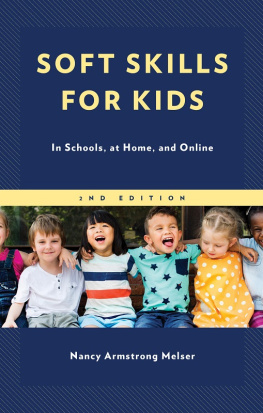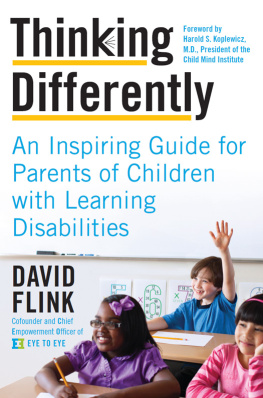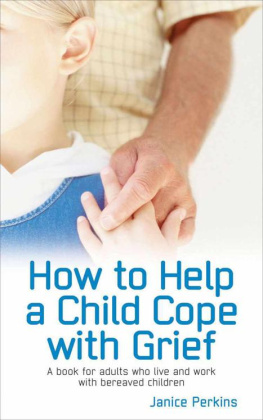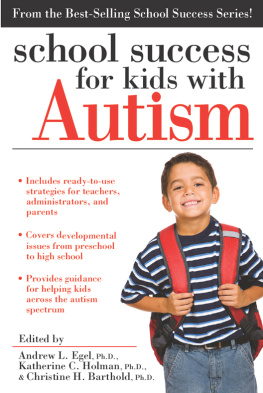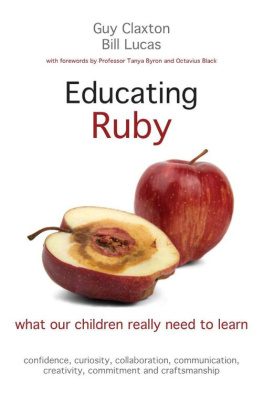SMART SCHOOLS
BETTER THINKING AND LEARNING FOR EVERY CHILD
David Perkins
The Free Press
New york London Toronto Sydney
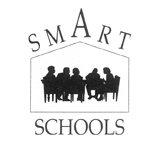

Copyright 1992 by David Perkins
All rights reserved. No part of this book may be reproduced or transmitted in any form or by any means, electronic or mechanical, including photocopying, recording, or by any information storage and retrieval system, without permission in writing from the Publisher.
The Free Press
A Division of Simon & Schuster Inc.
1230 Avenue of the Americas
New York, N.Y. 10020
www.SimonandSchuster.com
First Free Press Paperback Edition 1995
Printed in the United States of America
printing number
Library of Congress Cataloging-in-Publication Data
Perkins, David N.
Smart schools: Better Thinking and Learning for Every Child/
David Perkins.
p. cm.
Includes bibliographical references (p. ) and index.
ISBN 0-02-874018-1
ISBN 13: 978-0-0287-4018-8
eISBN 13: 978-1-4391-0840-6
1. Thought and thinkingStudy and teachingUnited States.
2. Learning, Psychology of.
3. Comprehension.
I. Title.
LB1590.3.P473 1992
370.152dc20 92-13763
CIP
To my schoolchildren:
Ted, Alice, and Tom
CONTENTS
ACKNOWLEDGMENTS
Some of the ideas expressed in Smart Schools were developed under grants from the MacArthur Foundation for integrative work on the teaching of thinking, from the Spencer Foundation for research toward a pedagogy of understanding, and from the Pew Foundation and the MacArthur Foundation for research and development work on project-based learning and after-school programs. The help of these foundations is very much appreciated. Of course, the ideas expressed here are my own and do not necessarily relect their positions or policies.
Several colleagues were kind enough to comment on an earlier draft of this book. My thanks to Phillip Cousins, Howard Gardner, Peter Kugel, Jack Lochhead, Jerry Murphy, Steven Rhodes, John Thurner, Shari Tishman, and Chris Unger. Their counsel was very useful, sparking a number of important changes. I am particularly grateful to Susan Arellano, my editor at The Free Press; her thoughtful counsel made this a better book in a number of ways.
Special thanks go to Diane Downs, who both found many sources and managed the production of the manuscript, and to Tina Blythe, Joyce Conkling, and Noel White, who provided invaluable help in locating sources, making corrections in the text, and otherwise facilitating the production of this book. Their systematic and assiduous efforts made the preparation of the book much easier than it would otherwise have been.
Finally, Smart Schools also benefits from my close work with a number of individuals in addition to the above over the past several years. They are many, and I will not try to list them here. But I am grateful. The intricate and exciting challenge of good educational practice is nothing to be pondered solo!
CHAPTER 1
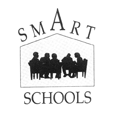 SMART SCHOOLS
SMART SCHOOLSThe Hanging Gardens of Babylon counted as one of the seven wonders of the ancient world, alongside the Colossus of Rhodes, the pyramids of Egypt, and the Temple of Artemis at Ephesus. Word comes down to us of a terraced wonderland of fountains, trees, and flowers, rising up from the banks of the Euphrates. King Nebuchadnezzar II constructed this sumptuous adjunct to the royal palace more than half a millennium before the birth of Christ.
Of these ancient wonders only the pyramids remain. Today great physical constructions play second fiddle to the wonders of everyday lifefor instance, the transistor, which packs little boxes with great powers of voice, image, and computation; or, more humble yet, the light bulb. How hard it is to imagine life without light available at the flick of a forefinger!
And another invention: schools. Yes, schools. A wonder, really. A very new thing, if we mean public schools, schools for everyone, schools as part of a massive committed mission to bring to virtually all of a population with its multifarious ambitions, misgivings, talents, and quirks basic knowledge, skills, and insights. Schools are wonders in the same way that light bulbs aretoo much a part of everyday life to amaze us, but, from a historical perspective, quite novel and exotic in their ambitions and accomplishments.
Not, it must be said, that schools always seem to function in as wondrous a way as we would like. Not that we are so happy with how schools work and what they achieve. Not that society gives over to schools and teachers the resources and the honors they deserve. But with all that, still a wonder indeed. Gripe how we will about what schools are not doing these days, they are already doing things undreamt of a couple of centuries ago, much less in Nebuchadnezzars day.
USING WHAT WE KNOW
Dreams are where the dilemma starts. Although schools already achieve things undreamt of earlier, we have more ambitious dreams today. We want schools to deliver a great deal of knowledge and understanding to a great many people of greatly differing talents with a great range of interests and a great variety of cultural and family backgrounds. Quite a challengeand why arent we doing better at it?
Some say, We dont know enough. We dont know how learning really works. We dont know how teachers really think about their craft. We dont know how to cope with cultural diversity. We dont know how schools can work better as institutions. We just dont know enough.
I think theyre wrong. Of course, we want to know and understand more about all those things. But we know enough now to do a much better job of education. We know because we have made an effort to find out. Over the past quarter century, psychologists have come to understand more deeply how learning works and how to motivate learning. Sociologists have studied how classrooms and schools as institutions work, what makes them resistant to change, and how to foster change. Innovations in various educational settings around the world allow us to compare experiences across contexts and cultures. We know a lot about how to educate well. In the later chapters of this book, Ill do my best to prove this.
The problem comes down to this: We are not putting to work what we know. In the school down the street, in the school across the river, students are learning and teachers are teaching in much the same way they did twenty or even fifty years ago. In the age of CDs and VCRs, communications satellites and laptop computers, education remains by and large a traditional craft.
Of course, the educational landscape sparkles with isolated innovative programs. Some individual teachers are ardent experimenters, trying worthwhile things. Some initiatives score important successes here and there. But most are limited. Most do not put to work in any full and rounded way what we know about teaching and learning. We do not have a knowledge gapwe have a monumental use-of-knowledge gap.
To close this gap, we need schools that put to work, day in and day out, what we know about how to educate well. We can call such schools smart schoolsschools wide awake to the opportunities of better teaching and learning. We can think of smart schools as exhibiting three characteristics:




